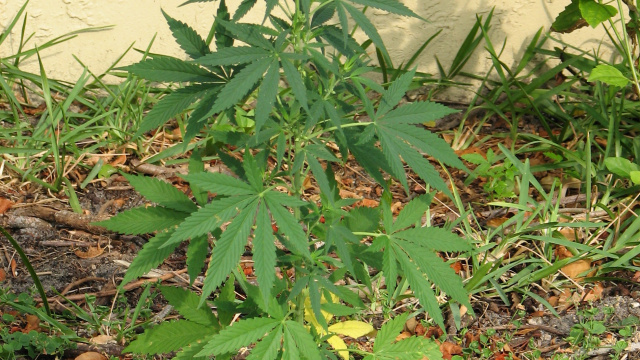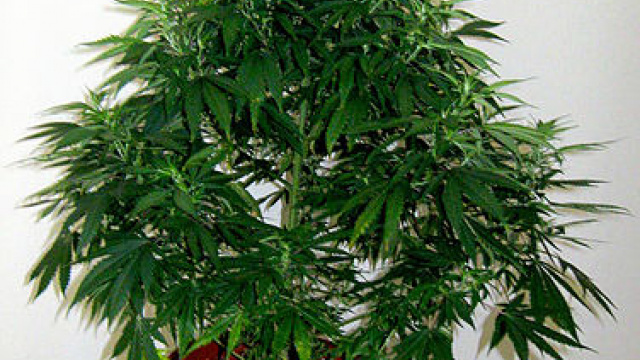Most people are unaware that the Food Industry is the largest manufacturing industry in the UK, but this is so. It is an industry, moreover, which is becoming increasingly dependent upon the application of science in order to understand and control raw materials, processes and products.
For complete details about study in uk, visit abroad education corner.
Legislation, both UK and European, now largely controls the ways in which foods are produced and the ways in which food products must be described and labelled. The result of all this is that the industry is becoming more and more reliant on scientists, food scientists, to maintain and improve food quality and ensure legislative compliance.
Food Science deals with the structure and behaviour of food materials, and the changes which occur at the macro and the molecular level in foods when they are stored or processed. Such changes are particularly important when heat is employed in commercial operations or when food is cooked in the home. A food scientist must understand the scientific basis of the technical processes used to produce and prepare foods, whether these processes are traditional, such as the baking of bread, or involve modern technology such as the use of microwave ovens. A food scientist must also understand a number of fundamental pure science subjects, particularly chemistry, biochemistry, microbiology and mathematics and statistics and be able to apply such knowledge to foods and their behaviour.
For example, chemical analysis – relying less nowadays on ‘wet chemical’ methods and increasingly on sophisticated instrumental techniques such as various forms of spectroscopy and chromatography – is essential, not only to control food quality, but also to derive the nutritional and other information which must appear on packaging labels. Organic chemistry is required to understand the behaviour of those molecules (usually of molecular weight below 400 daltons) which are present and which variously contribute to nutritive quality and influence properties such as colour, flavour and resistance to oxidative deterioration. Biochemistry forms the basis for understanding the role of enzymes in foods. Enzymes in foods are responsible for phenomena as diverse as the ripening of fruits, ripening of cheeses, post-mortem changes in meats and deterioration in many foods upon storage. A food scientist must understand and seek to control such changes.
The appearance and texture of a food is extremely important, it must be attractive if the food is to be purchased and consumed with pleasure and the experience repeated. These attributes can be understood through the application of physics and physical chemistry. Similarly, phenomena such as the elasticity of dough (essential to the production of bread) and the specific characteristics of colloids (e.g. milk) and gels (e.g. table jellies) can be understood and exploited through the application of physical sciences.
Microbiology is a vitally important foundation of food science, not only because of the hazard to health which arises from any lack of hygiene when food is handled, but also because a controlled use of micro-organisms is essential to the production of a wide range of foods and beverages such as cheese, yoghurt, bread, wine and beer.
Food additives have rightly become of great concern to the general public. However, the use of these substances (which imitate the action of natural food constituents) is very strictly controlled and the food scientist must understand what substances are allowed, when their use is justified, how they function and how their presence may be established and measured.
Food technology, as distinct from food science, relates to the practicalities of food preservation and the ‘manufacture’ of a large and diverse range of good products. The food technologist is more concerned with the practical operation of food processing equipment and carrying out processes than understanding in depth the underlying science which governs the processes being carried out. However, it is not possible to draw a hard and fast line between the two disciplines – the food technologist must understand much of the science which underpins the technology and the scientist, in turn, must be able to apply scientific knowledge to technological operations.
Most food science university courses include an element of food technology (e.g. Nottingham University, Leeds University – where we prefer the term ‘food processing’) and some degree of specialisation in technology may be possible, a certain amount of science is , of course, essential for food technologists and is included in all such courses. A number of institutions (e.g. Reading University) offer separate courses in food science and food technology. Food technology courses frequently include an industrial placement (sandwich courses) as do some food science courses.
Combined Honours or Joint Honours degree courses, in which food science can be coupled with another, usually related, discipline such as biochemistry, chemistry, microbiology or nutrition, are offered by a number of traditional universities (e.g. Leeds, Reading, Surrey) and, with the absorption of polytechnics and certain colleges into the university sector, the number of available food science, food technology and related courses has expanded somewhat in recent years.
Food science and food technology are vocational courses and the relatively small number of courses available means that, in most years, the supply of good graduates in the two disciplines is less than that required to meet the demand so that employment prospects remain excellent. Careers are varied and challenging and range from those in food production through quality control to fundamental research. It should also be remembered that most food production companies are specialists and therefore their products, and the associated science, differ from company to company.
For complete details about study in uk, visit abroad education corner.
article source:http://www.intstudy.com/articles/isgap4a11.htm
For complete details about study in uk, visit abroad education corner.




Leave a Reply